Residential Disclosures From Sellers And Lenders Page 14
ADVERTISEMENT
Residential Disclosures from Sellers
That seems to leave only two other types of death
concealment or failure to disclose typically is the “as is”
in question; accidents related to the condition of the
clause. One should note that there are several cases
property and murder. Absent any statutory authority,
involving commercial sales that have similar holdings
common law guidance related to the disclosure of
which may provide useful defenses even in residential
such deaths should otherwise apply.
transactions.
B. AIDS of Prior Occupants. Section 5.008(c),
A. Pfieffer v. Ebby Halliday Real Estate, 747 S.W.
Property Code also provides that a seller has no duty
2d 887 (Tex. App. – Dallas 1988, no writ). One cannot
to disclose whether a previous occupant had, may
be held liable under DTPA for failure to disclose facts
have had, has, or may have AIDS, HIV related
about which he does not know. The court must look for
illnesses, or HIV infection.
evidence of probative value to show that the seller had
At the time the statute was adopted this
actual knowledge of any defective condition of the
clarification was apparently necessary, even though it
foundation before the buyer’s purchase. Repairs correct
is now clear that persons with AIDS or HIV related
defects, not prove their continued known existence.
illnesses fall within the disability protected class under
Common knowledge of neighborhood conditions or
fair housing laws.
conditions in the area or previous repairs does not
establish knowledge of an actual or continued defect.
C.
Group Homes, Community Homes, or
Family Homes. A community home (also known as a
B. O’Hearn v. Hogard, 841 S.W.2d 135 (Tex. App.-
th
group home or family home) is a residential home that
Hous. [14
Dist.] 1992, no writ). In a cause of action
meets the definition of and requirements under the
involving a DTPA claim, the plaintiff must prove that
Community Homes for Disabled Persons Act under
(1) the seller or agent failed to disclose information
§123.001, Human Resources Code.
Zoning and
concerning the property; (2) the information was known
restrictive covenants may not be construed to prohibit
at the time of the transaction; (3) the seller or agent
the use of community homes (§202.003(b), Property
intended to induce the buyer into the transaction by
Code and §123.003, Human Resources Code).
In
withholding the information; and (4) the buyer would
light of the fact that a disability is a protected class
not have entered into the transaction if the information
under fair housing laws and a group home is a
had been disclosed. The appropriate inquiry is whether
permitted residential use, one may surmise that a
the seller’s failure to disclose was a producing cause of
seller should not discuss the existence of group homes
the purchaser’s damages. A fact issue remained in this
in the subdivision or area. Further discussion may be
case because the sellers offered no summary judgment
found at Deep East Texas Regional Mental Health &
evidence indicating that their failure to disclose was not
Mental Retardation Services v. Kinnear, 877 S.W.2d
a producing cause.
550 (Tex. App. – Beaumont 1994, no writ). In that
case the court held that the legislature determined that
C.
Prudential Insurance Co. of America v.
a community home is not a business or commercial
Jefferson Associates Ltd., 896 S.W. 2d 156 (Tex. 1995).
use with regard to restrictions. It further held that the
By agreeing to purchase property “as is,” a buyer agrees
legislature determined that no alleged damages for
to make his own appraisal of the bargain and to accept
decreased property values near community homes are
the risk.
The seller does not give any assurances,
recoverable by residents.
express or implied, concerning the value or condition of
the property.
A buyer is not bound by an “as is”
D.
Registered Sex Offenders.
Section
agreement when: (1) he is induced to buy it due to a
62.045(e), Code of Criminal Procedure provides that a
fraudulent representation or concealment of information
seller, landlord, builder, or broker of a single-family
by the seller, or (2) the buyer is entitled to inspect the
property does not have a duty to make a disclosure to
condition of the property but is impaired by the conduct
a prospective buyer or tenant about persons who are
of the seller.
registered sex offenders.
A seller has a duty to disclose facts of which he has
actual knowledge; a seller is not liable for failing to
XVIII.
NOTEWORTHY CASES INVOLVING
disclose information that he only should have known.
CERTAIN
DISCLOSURE
ISSUES
IN
A statement is not fraudulent unless the maker knew it
RESIDENTIAL SALES. The following is a brief
was false when he made it or made it recklessly without
list of a few cases involving disclosure issues by
knowledge of the truth.
residential sellers.
The holdings are quickly
summarized. With the exception of the Prudential v.
D. Smith v. Levine, 911 S.W.2d 427 (Tex. App. –
Jefferson case, the cited cases involve disclosure
San Antonio 1995, writ denied). A prospective buyer
issues in residential sales. Prudential v. Jefferson is
obtained a written inspection report stating the
mentioned only because one defense to allegations of
foundation was defective.
The prospective buyer
10
ADVERTISEMENT
0 votes
Related Articles
Related forms
Related Categories
Parent category: Legal
 1
1 2
2 3
3 4
4 5
5 6
6 7
7 8
8 9
9 10
10 11
11 12
12 13
13 14
14 15
15 16
16 17
17 18
18 19
19 20
20 21
21 22
22 23
23 24
24 25
25 26
26 27
27 28
28 29
29 30
30 31
31 32
32 33
33 34
34 35
35 36
36 37
37 38
38 39
39 40
40 41
41 42
42 43
43 44
44 45
45 46
46 47
47 48
48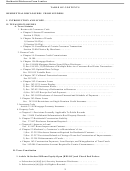 49
49 50
50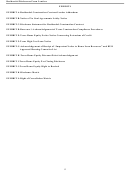 51
51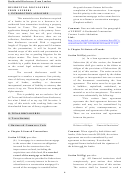 52
52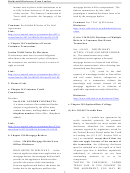 53
53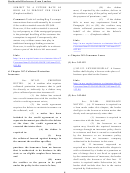 54
54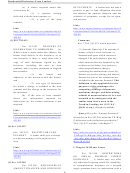 55
55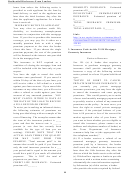 56
56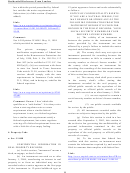 57
57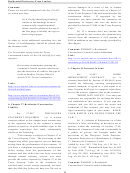 58
58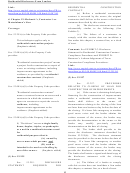 59
59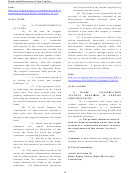 60
60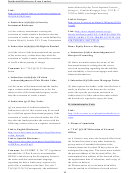 61
61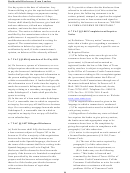 62
62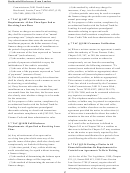 63
63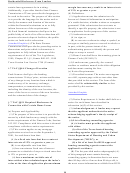 64
64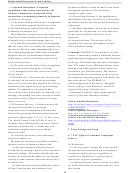 65
65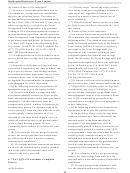 66
66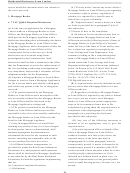 67
67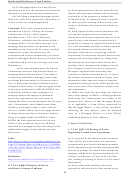 68
68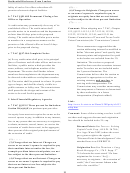 69
69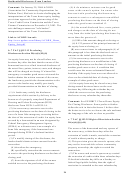 70
70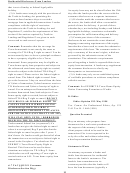 71
71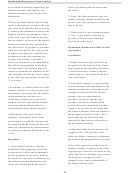 72
72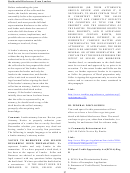 73
73 74
74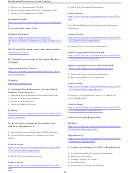 75
75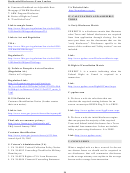 76
76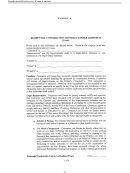 77
77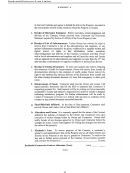 78
78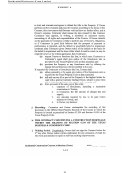 79
79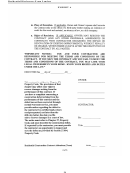 80
80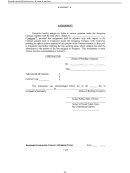 81
81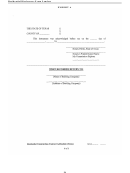 82
82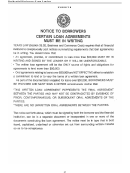 83
83 84
84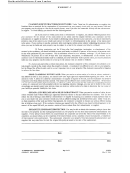 85
85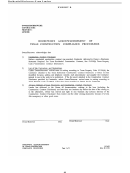 86
86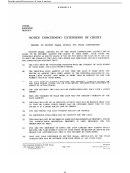 87
87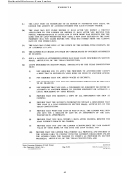 88
88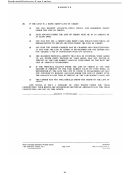 89
89 90
90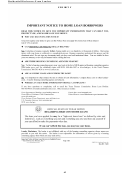 91
91 92
92 93
93 94
94 95
95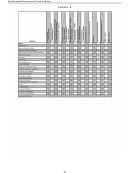 96
96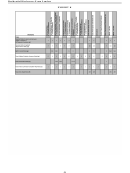 97
97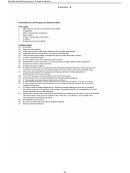 98
98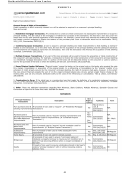 99
99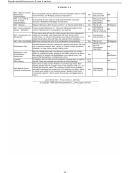 100
100








